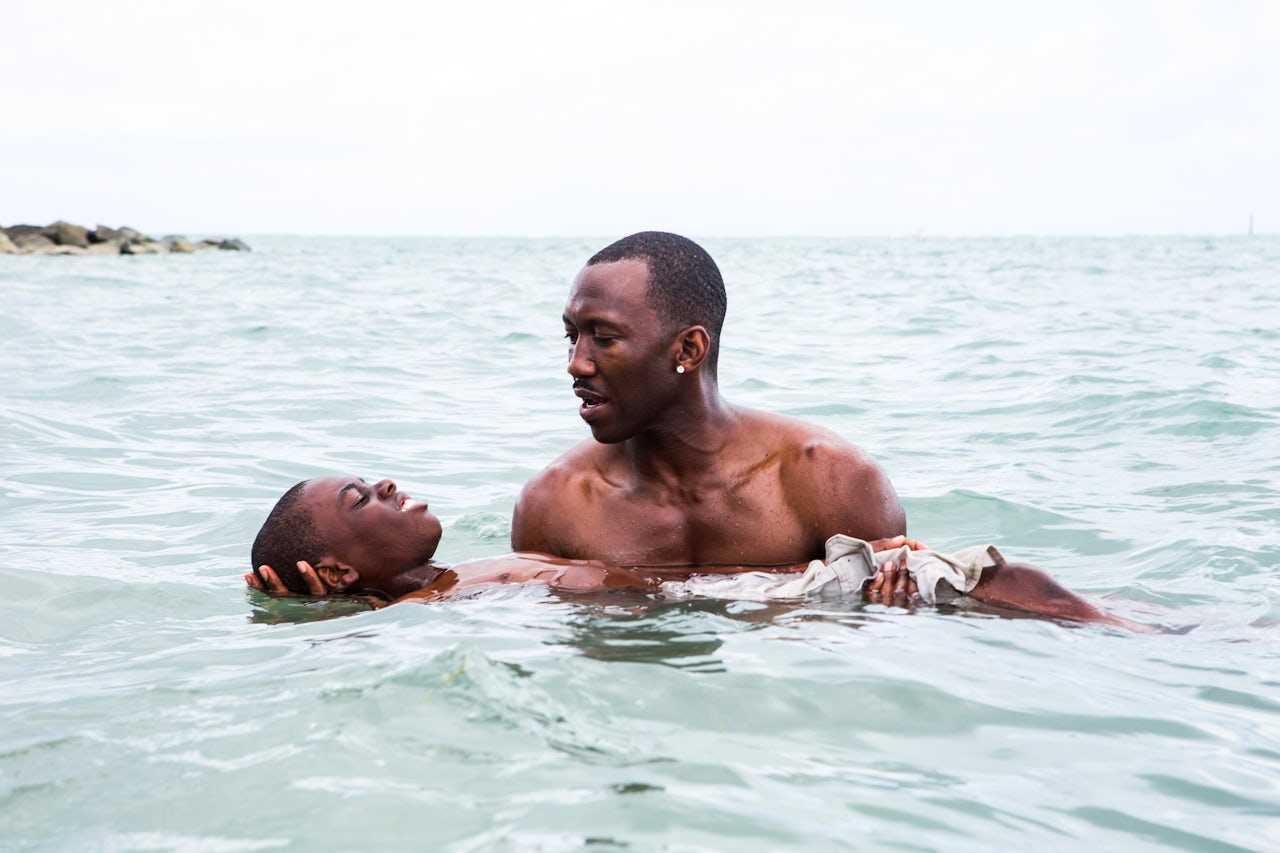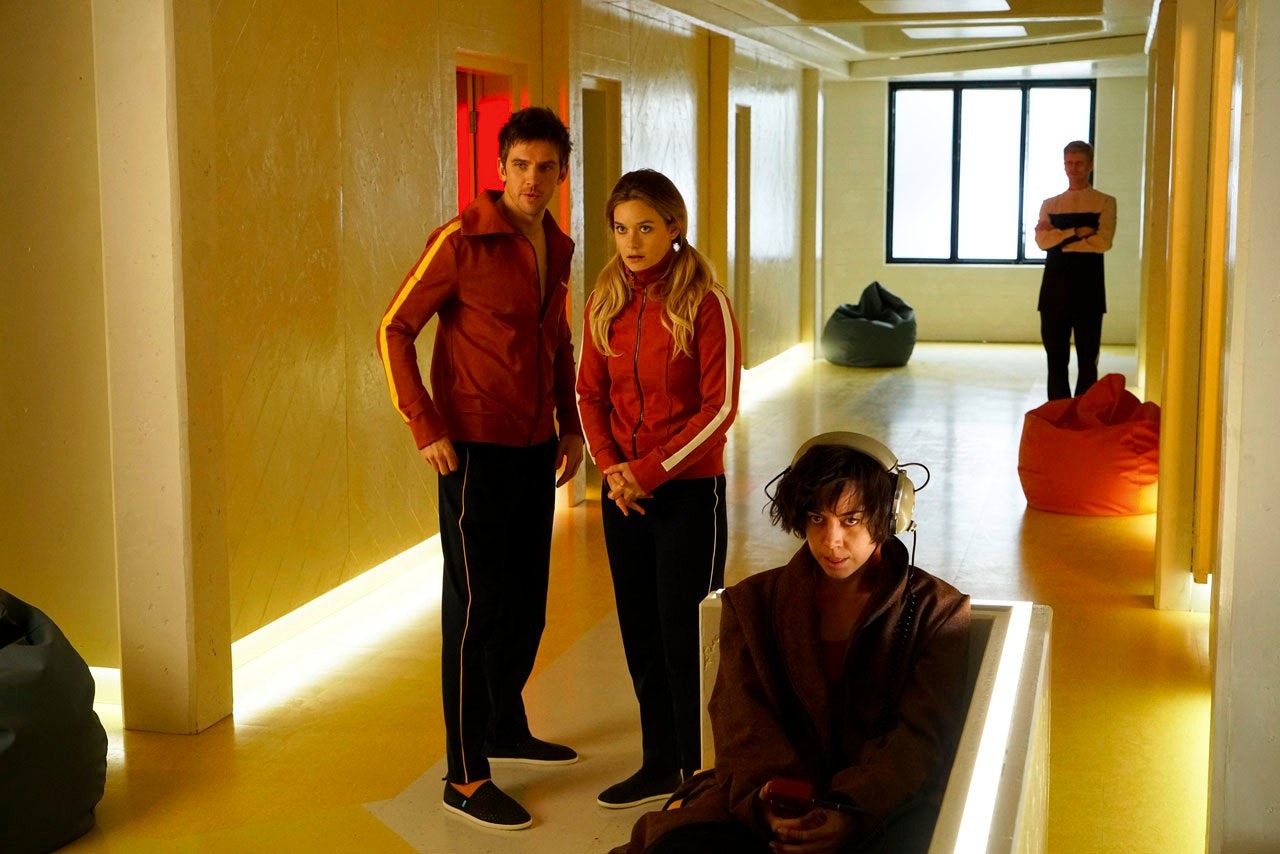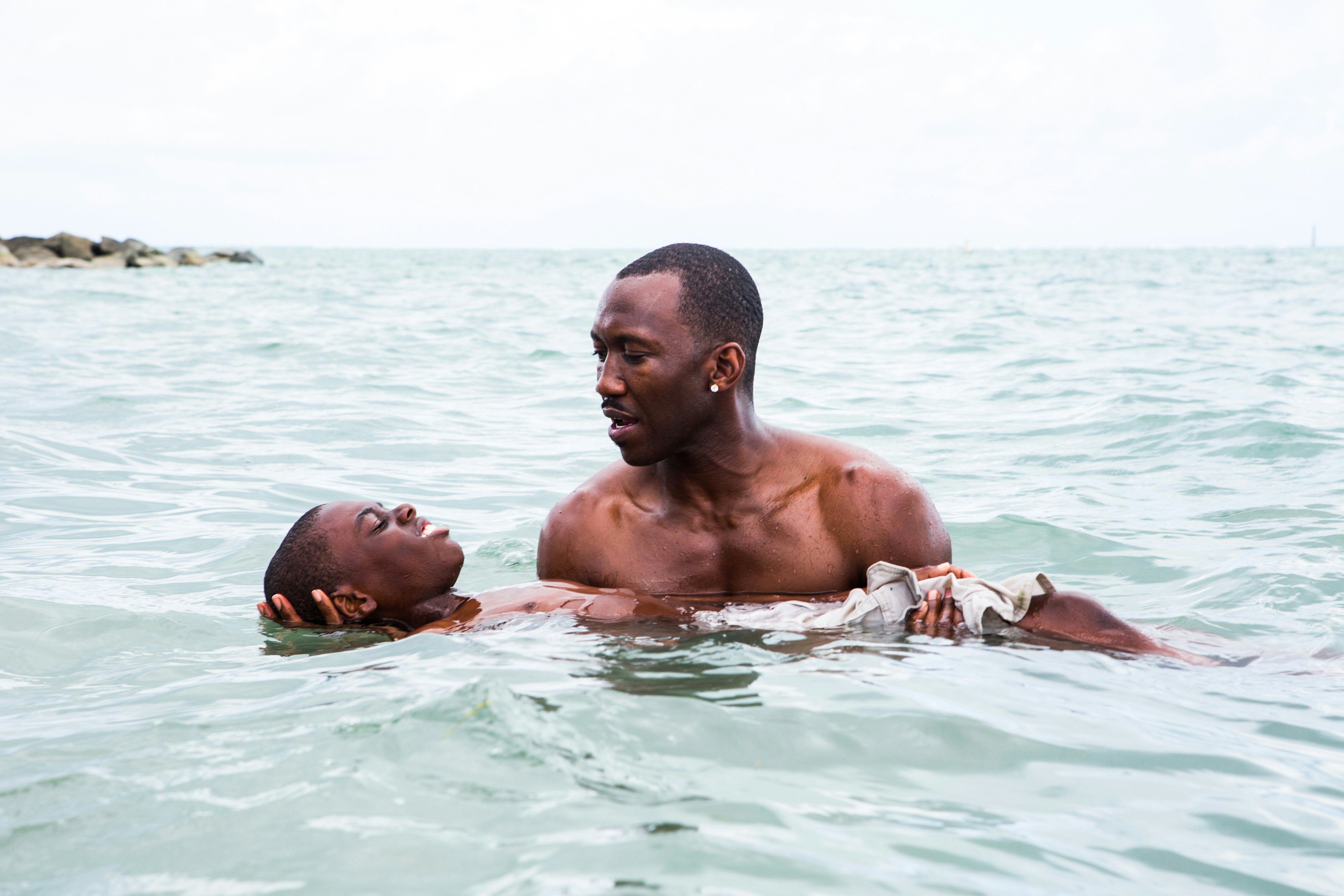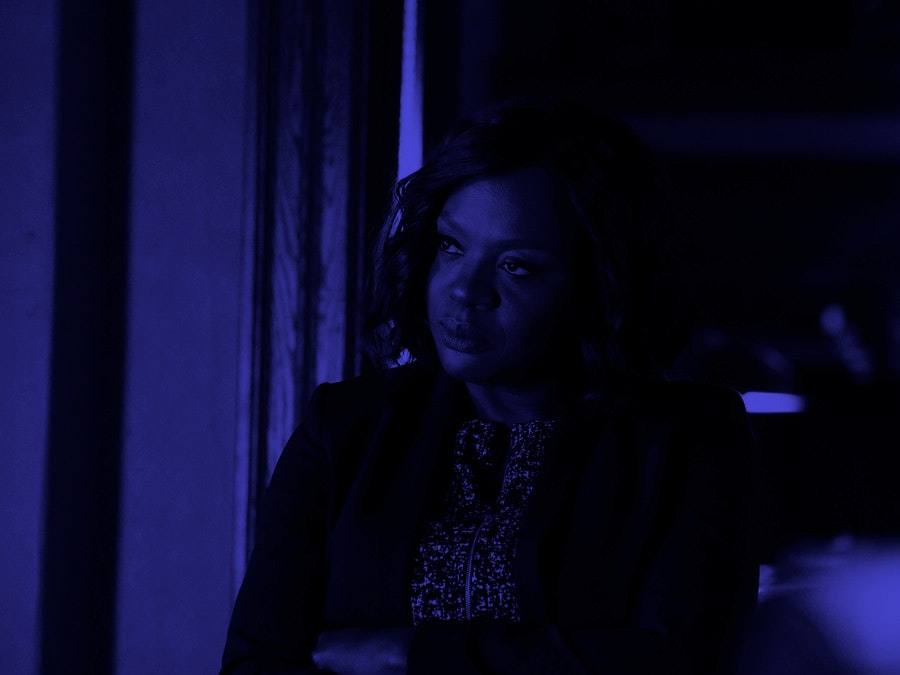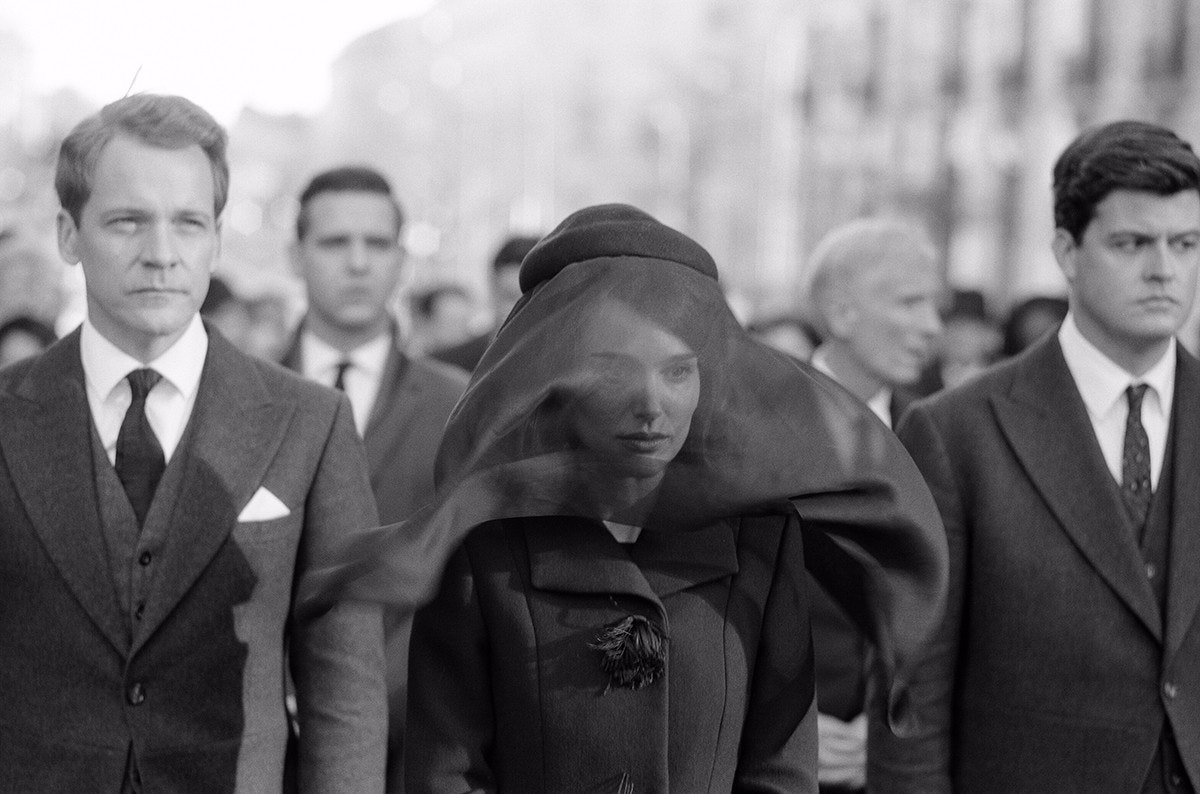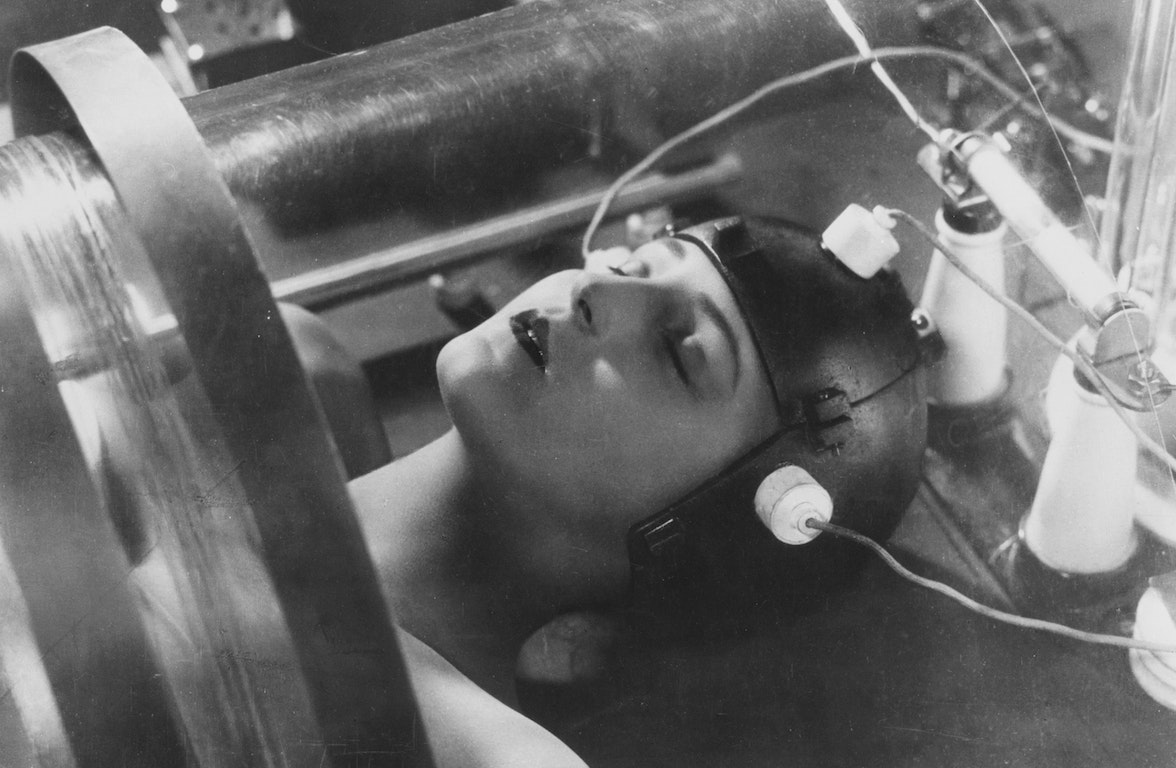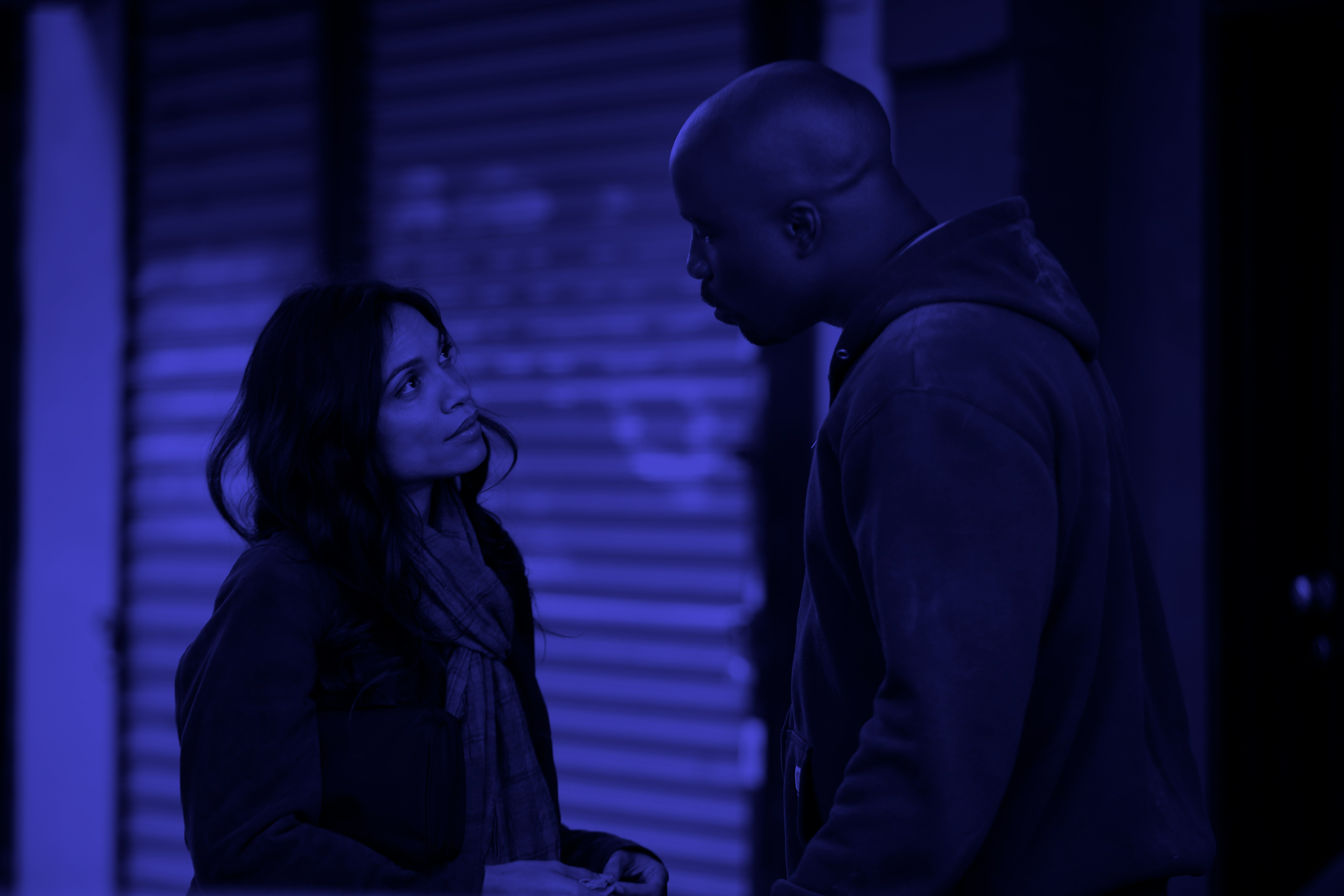When Denzel Washington won Best Actor at the Academy Awards in 2002 for his performance in Training Day, the first half of his speech honored cinematic legend Sidney Poitier. “Forty years, I’ve been chasing Sidney, they finally give it to me,” Washington said. “What do they do? They give it to him the same night. I’ll always be chasing you, Sidney. I’ll always be following in your footsteps.” That very night, Poitier had won an Honorary Academy Award for his own achievements, which included being the first black man to ever win Best Actor at the Academy Awards in 1964, for his performance in Lilies of the Field. Poitier was the only black actor to receive the award until Washington won for Training Day in 2002.
In many ways, Washington’s speech felt like a passing of the torch, and hope for black actors going forward that the promised time had finally come. Since Washington won for his performance in Training Day, several black actors have been nominated for Best Actor and two have won: Jamie Foxx for Ray in 2004 and Forest Whitaker for The Last King of Scotland in 2006. While these nominations and wins are admirable, they betray a troubling pattern. Each performance nominated in the wake of Washington’s win falls under one of three categories: a biopic of a well-known figure (Ray, Ali), a character arc predicated on racial struggle (Invictus), or a work that falls within a racial stereotype (Hustle & Flow). Hollywood will acknowledge the work of black actors, but the white industry has a narrow idea of what kind of black stories matter.
This makes Moonlight’s presence at the 2017 Oscars stand out within the lineage of the Academy Awards — it is a film that refuses to give room for the white perception of black identity. It gives a window into an experience seldom seen on film: how black men love each other and experience moments of fragility. This year, the frontrunner for Best Supporting Actor at the Academy Awards is Moonlight’s Mahershala Ali, and his nomination is yet another sign that Hollywood is broadening its understanding and appraisal of the black experience. These moments at the Oscars are always triumphant, as if change is finally happening — until it doesn’t.
In a December Variety interview between Ali and actress Greta Gerwig, about their most recent roles, Ali made his desire to be a leading actor known. “I found myself sort of becoming a character actor, though I don’t know if that would be my natural makeup. ... I haven’t gotten to do the leading man thing, so I would love to do that!” Ali said. This begs the question: Will Ali become the leading man he desires to be in a way that matches his talents? Or will he join the long line of black character actors whose potential is never fully realized due to the racist system they move within?
In Moonlight, Ali plays Juan, an Afro-Cuban drug dealer who becomes the father figure to Chiron, the gay black kid whose journey from childhood into adulthood anchors the narrative. They are both outsiders in their own communities asked to assimilate in order to survive — Juan for being Afro-Cuban in a Miami milieu in which Cubans are predominantly light-skinned, and Chiron for being gay and more sensitive than his male peers. Juan only appears in the first chapter of Moonlight, but his presence lingers, such is the strength of Ali’s performance. In the past year, Ali has appeared in a number of supporting roles: as a conniving gangster whose brio hid a well of emotions in Netflix’s Luke Cage, a lobbyist who grows disillusioned to Washington’s political games in House of Cards, and a romantic figure for Taraji P. Henson in Hidden Figures. As an actor, Ali interrogates the fault lines of modern black masculinity with equal parts panache and vulnerability — which is fully on display in his triumphant turn in Moonlight.
Despite the prominence of the Oscars, these awards don’t ensure black actors greater access to worthwhile scripts and A-list directors. When Lupita Nyong’o won Best Supporting Actress for 12 Years a Slave, her first feature-length film role, many hoped she would be afforded the same opportunities that white ingenues like Jennifer Lawrence received in the wake of their Oscar attention. But since winning her Oscar, Nyong’o has only appeared in a handful of films and her most high-profile roles have been motion capture (Star Wars: A Force Awakens) or voice work (The Jungle Book). Nyong’o has spoken about her decision to be very careful about the roles she takes on, given what is typically offered to black women no matter their career level. “So often, women of color are relegated to playing simple tropes: the sidekick, the best friend, the noble savage, or the clown. We are confined to being a simple and symbolic peripheral character — one who doesn’t have her own journey or emotional landscape,” she wrote in an open letter titled “Why I Chose a ‘Small’ Play Over the Big Screen.” If Hollywood wasn’t making work that reflected the humanity of characters that looked like you beforehand, one award won’t change that. This is true throughout film history.
Nestled into his book-length essay The Devil Finds Work, James Baldwin argued that “it is scarcely possible to think of a black actor who has not been misused: not one has ever been seriously challenged to deliver the best that is in him.” When Baldwin made this argument, it was 1976. It’s hard to argue with him, looking at how Hollywood was then, where actors like Dorothy Dandridge, Eartha Kitt, Harry Belafonte, and Juano Hernández were forced to make a meal out of meager scraps during the first half of the 20th century. This was of course before men like Denzel Washington and Will Smith lit up the multiplex with their so-called “crossover appeal,” following in the footsteps of Sidney Poitier.
Poitier’s brand as an actor was underscored by nobility, grace, and intelligence. But for this brand to demonstrate crossover appeal, it could not radically challenge white audiences or the white power players in Hollywood. As Baldwin wrote in The Devil Finds Work, about Poitier’s turn in the 1958 film The Defiant Ones, “Liberal white audiences applauded when [Poitier], at the end of the film, jumped off the train in order not to abandon his white buddy. The Harlem audience was outraged.” In parsing out the stark contrasts between the reception of Poitier’s film at the height of his career by white and black audiences, Baldwin touched on the price the actor paid to find success. Poitier’s first film was the stunning noir No Way Out that let him wrestle with the complexity of black fury in a racist world. But Poitier’s anger was nullified the more successful he became, leading to tone-deaf works like Guess Who’s Coming to Dinner?
Moonlight conceives black masculinity, black love, and black identity in a way that thankfully makes no room for white ideas on these subjects. It’s a film that expands cinema’s understanding of blackness in a challenging and even revolutionary way, all of which is seen in Ali’s performance. In Ali’s hands, Juan is a bundle of contradictions and charm. That booming laugh, glittering smile, and commanding physicality grant him the versatility necessary to lead a film. Ali’s role in Moonlight has a level of vulnerability, complexity, and anguish that Poitier was ultimately not allowed to demonstrate fully at the height of his career. For Poitier, success came at the expense of always speaking truthfully to black audiences.
For Poitier, success came at the expense of always speaking truthfully to black audiences.
In many ways, this makes Will Smith a clearer heir to Poitier’s legacy than Washington (at least in intent if not actual acting prowess). During the 1990s and early 2000s, Smith wasn’t just a movie star — he was the movie star. After the success of the sitcom The Fresh Prince of Bel-Air, Smith became a powerhouse for his work in action films like Independence Day, Men in Black, and Bad Boys. Smith carried himself with a nearly unflappable sense of humor, charm, and lightness, whether fighting aliens or dodging explosions. He rarely starred in more challenging fare like Michael Mann’s Muhammad Ali biopic. As the box office returns of his 1990s heartthrob peers dwindled, he still found success. But even Smith wasn’t exempt from playing the magic negro second fiddle, as 2000’s The Legend of Bagger Vance displays — a cloying film that suggests we haven’t evolved as far from the days of Gone With the Wind as we’d like to believe.
Washington seems to contradict the demands of crossover appeal seen in Smith’s oeuvre. His best work is built upon exploring the psychological and emotional underpinnings of anger among the black working class in films like Devil in a Blue Dress, Malcolm X, and his latest, Fences. Even when he’s doing less intellectually rich work like The Preacher’s Wife, Inside Man, or The Equalizer, it’s hard to argue the brand of black masculinity he exhibits is “safe” to the white establishment the way Will Smith was seen as during the height of his fame.
It’s also important to note that Washington’s most high-profile roles that put anger center stage often take place in the past, making it easier for white audiences to divorce themselves from the racism his characters deal with. When we’ve seen an angry, bold performance from him that exists in the present, we get Training Day, in which he plays an arch villain whose construction taps into a hostile, white fear of violence within the black community and what happens when black men gain power. Even then, Washington has a career any black actor would find enviable. He is one of the only to marry character actor sensibility, sex-symbol status, and economic success as a globally known figure, which demonstrates just how high of a bar black actors have to clear to find such success. Black actors have to be desirable yet not threatening in their sex appeal, they can speak truth to power but typically only in the distant past, and they can be intelligent but not in a way that threatens expectations.
“My ambition is to be an actress. Hollywood had no parts for me.” This is a quote that could easily be imagined coming from any number of black actresses today who struggle to find consistently good roles to match their talent. But it’s actually from a 1937 interview with actress Theresa Harris, who often found herself playing the maid to stars like Ginger Rogers, Bette Davis, and Jean Harlow. Harris’ frustration over the reasons why her career in Hollywood stalled can also be used to explain why we haven’t seen Ali in any leading roles that he deserves despite his work in The 4400, House of Cards, and now, Moonlight. “I never had the chance to rise above the role of maid in Hollywood movies,” said Harris. “My color was against me any way you looked at it. The fact that I was not ‘hot’ stamped me either as uppity or relegated me to the eternal role of stooge or servant.” Black actors can never just represent themselves. They are burdened with deeply ingrained stereotypes they have to avoid, subvert, and challenge at every phase of their careers.
Black actors can never just represent themselves.
2016 was a banner year for black representation in film and television, touching on the diversity within the black experience. Whether this past year becomes another progressive trend that fizzles out or the beginning of sustained progress will be seen in what happens after actors like Mahershala Ali gain accolades. After all, in the wake of Poitier and Washington’s Oscar wins, Hollywood didn’t suddenly start supporting the talent of black actors. Sure, Jamie Foxx won an Oscar a few years later for Ray. And we’re now seeing young talent like Michael B. Jordan and John Boyega in major franchises. It would be incredulous to say the success of Poitier and Washington did not open doors a bit for black actors. But these doors have to open black actors up to careers that are sustainable, artistically rich, and high-profile. We have yet to see a black actor who can truly be called Washington’s heir, demonstrating an auteur-like streak and consistently challenging leading roles. If Ali is able to parlay his newfound visibility into sustained success in the sort of complex leading roles he’s hungry for, that will be one of the surest signs that the change Denzel Washington’s win back in 2002 hinted at has finally come.
